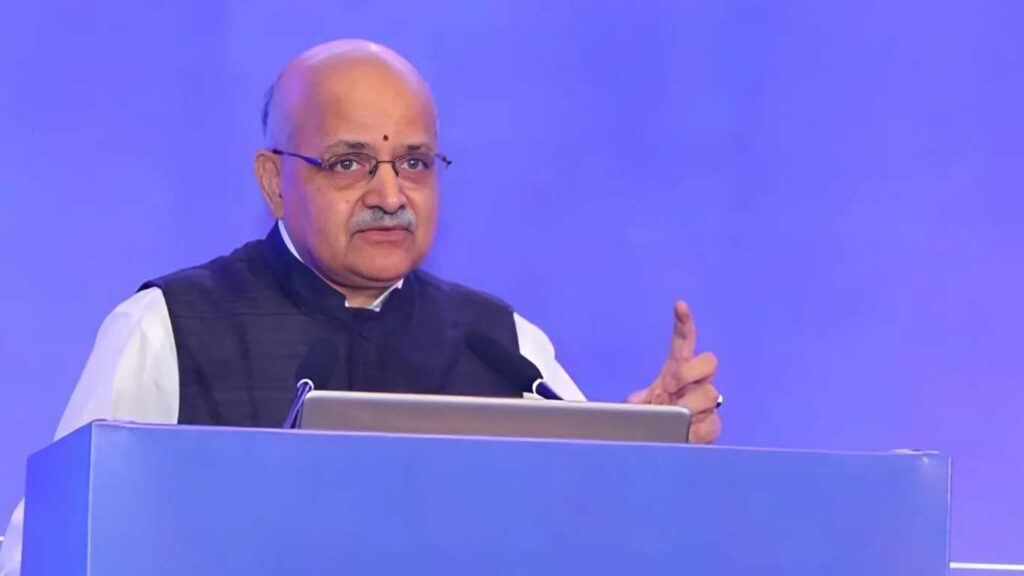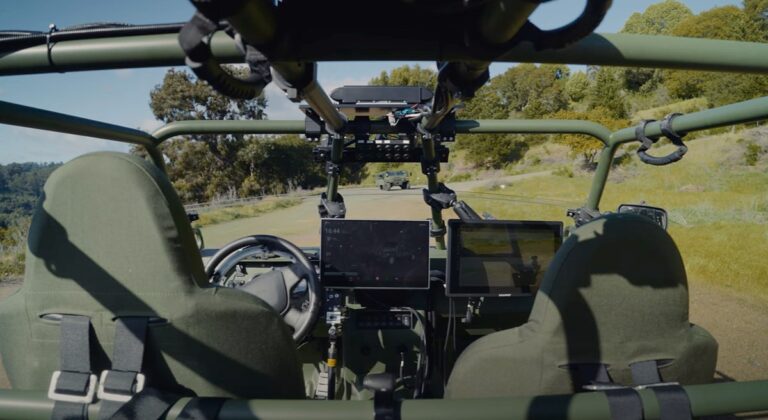New Delhi, Mar 31 (KNN) India faces a significant structural challenge in its economic growth trajectory due to an insufficient number of medium-sized firms that can scale into large companies, according to NITI Aayog CEO BVR Subrahmanyam.
Speaking at the launch of a new initiative for micro, small, and medium enterprises (MSMEs), Subrahmanyam expressed concern about the current composition of India’s business landscape.
“Sometimes when I think of the Indian economy, I worry. We have a large number of large companies. The number of medium companies is smaller than the number of large companies,” he stated.
“Then, where is the growth going to come from? It’s an institutional, structural problem,” Subrahmanyam highlighted. This imbalance poses a challenge for sustainable economic growth in the country.
According to the latest data from the Udyam portal, India has approximately 6.18 crore MSMEs, comprising 6.09 crore micro enterprises, 7.44 lakh small enterprises, and just 70,000 medium enterprises.
The Udyam portal serves as the only government-authorized platform for MSME registration in the country.
Under the 2020 classifications, micro enterprises are defined as those with investments up to Rs 1 crore and annual turnover up to Rs 5 crore.
Small enterprises have thresholds of Rs 10 crore in investment and Rs 50 crore in turnover, while medium enterprises are classified as those with Rs 50 crore in investment and Rs 250 crore in turnover.
Subrahmanyam highlighted the critical bottleneck in India’s economic ecosystem, by stating, “If you don’t have enough medium companies, how will you get the large companies? Our country has a problem in converting micro to small, small to medium.”
MSME Ministry data shows that in 2023-24, only 1,835 micro enterprises expanded into medium enterprises, while 15,918 small enterprises transitioned into medium enterprises.
To address these challenges, the Confederation of Indian Industry (CII), NITI Frontier Tech Hub, and the All India Council for Technical Education (AICTE) have launched Dx-EDGE, a new initiative built on a public-private-academia partnership framework.
This program aims to technologically empower MSMEs for improved resilience and competitiveness.
The initiative will connect entrepreneurs with local universities and colleges for mentorship and technological guidance. “We have six crore MSMEs. There is no way the government can reach all of them. Even the CII can’t,” he elaborated.
“The only way is with every engineering college, every student in the country reaching out, and in the process, you are actually tackling two problems – helping MSMEs while giving students real-life exposure and experience,” explained Subrahmanyam.
Regulatory burdens disproportionately affect MSMEs compared to larger companies, according to the NITI Aayog CEO. “A big company can hire a big consultant or an accounting firm to give solutions. MSMEs will get crushed by the weight of regulation.”
He noted that the Prime Minister has initiated significant deregulation efforts through a task force under the Cabinet Secretary to address issues related to land, electricity, and water.
Beyond regulation, Subrahmanyam identified technology upgradation and skills development as key challenges facing MSMEs, primarily due to limited R&D investment and inability to afford extensive employee training.
The process for obtaining quality certifications, which are essential for exports, also needs streamlining.
Subrahmanyam emphasized that MSME growth is crucial to achieving the Viksit Bharat (Developed India) goal.
“Without investing in the growth of MSMEs, to think that you will become a developed economy is a mirage,” he cautioned, noting that MSMEs represent the largest segment in manufacturing, exports, and GDP contribution, yet receive insufficient practical support despite widespread verbal acknowledgment of their importance.
(KNN Bureau)















